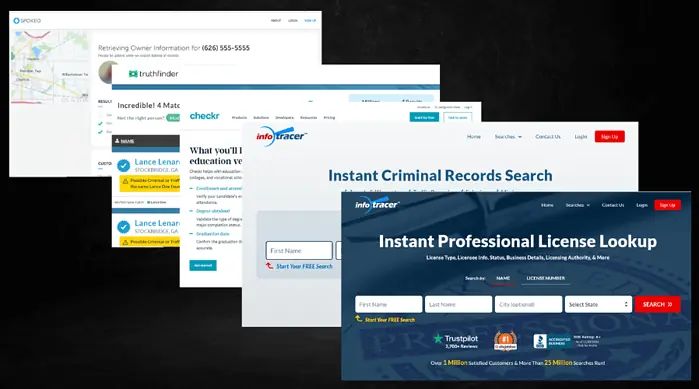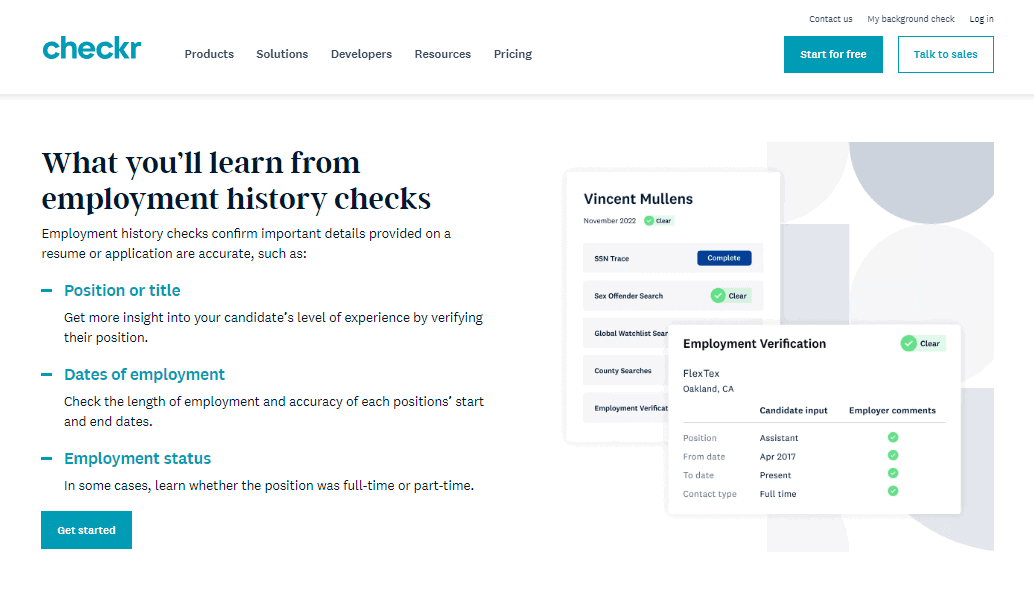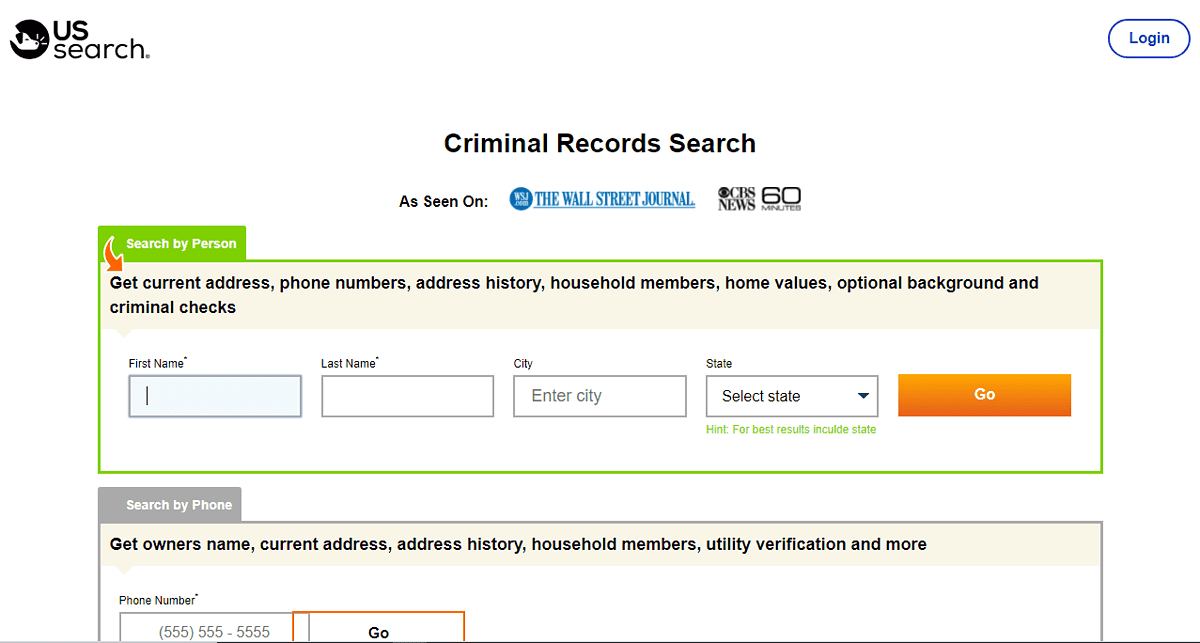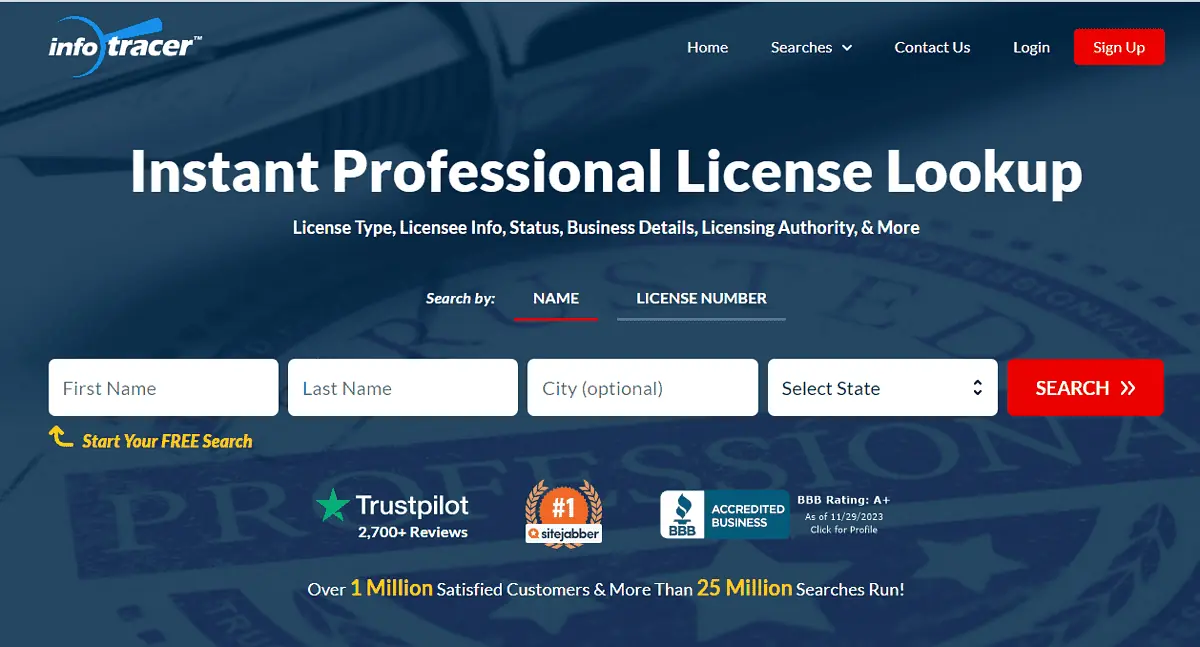What Do Employers Look for in Background Checks? [All You Need To Know]
7 min. read
Published on
Read our disclosure page to find out how can you help MSPoweruser sustain the editorial team Read more

What do employers look for in background checks? It’s normal to wonder, especially if you’ve been applying for jobs lately.
Understanding the factors that can disqualify you will help you manage your expectations, prepare for the next phase, and save you the trouble of applying to roles you’re not qualified for.
This article will answer all your questions. Keep reading!
What Is an Employment Background Check?

An employment background check is a pre-employment screening method that verifies the information in a candidate’s resume. It’s a search into the candidate’s past records to reveal their true nature and get an insight into the validity of their identity and claims.
Most importantly, it helps employers choose the right candidate for sensitive roles and prevents hiring those with falsified resumes or criminal histories.
What Do Employers Look For in a Background Check?
Background screenings differ based on the type of checks conducted, the company, and the job opening. However, every hiring manager or employer looks for professional and educational licenses, criminal history, work history, credit history, driving records, and other relevant records.
More comprehensive information about these checks can be found below:
1. Work History
Your prospective employer would be interested in knowing your work history. That includes where you’ve worked, the duration, roles held, experience level, and lots more.
This is why providing accurate and detailed information about your work experience is important.
Since it’ll be revealed during a background check, you might as well save yourself the embarrassment of lying in the first place.
Alternatively, the hiring manager may directly contact your previous employers to confirm the authenticity of your claims.
2. Criminal History

An employer would want to know if you have a clean state or otherwise.
For instance, if the potential employee has their name registered on the sex offenders list or has been convicted of misdemeanor or felony, they could pose an impending risk for the company.
However, it’s advisable to check the local laws of your state before conducting a criminal background check. This is because some states have adopted the ban-the-box laws that compel employers to offer a conditional job offer before a criminal background check.
3. Driving History
This check is crucial if you’re applying for a job that involves driving a car, bus, delivery van, or operating huge machinery.
The driving history check reveals if you have valid driving licenses, your history of traffic violations, accidents, and other driving issues that could affect the company’s integrity, customers, and the general public.
4. Education History
Most employers examine the candidate’s educational history, noting the highest qualification.
This check helps curb unnecessary embellishments to one’s resume as some educational institutions now have their records available online for easy access.
5. Credit History
Your future employer could be interested in knowing your credit history, especially if the job role is finance-related, such as stock trading, banking, or accounting.
This check provides insight into your past dealings with money, revealing if you’re disciplined and can be trusted with the company’s money.
However, using a candidate’s credit history as a determinant in hiring decisions is banned in Colorado, Illinois, Nevada, Vermont, and many other states.
6. Professional License Verification

Certain jobs require having a professional license. Given this, some candidates will go the extra mile to obtain a fake one just to get the job.
Professional license verification checks verify the provided information while ensuring all the candidates are suitable for the job.
This check shows the license number and type, the state and date of issuance, the validity of the license, the expiration date, and lots more.
7. Drug and Alcohol Tests
Certain background checks enable your employer to access this information, while some companies schedule an occasional drug testing exercise. This is done to monitor the employees, screening them for any illegal drug usage.
Also, this testing reveals if a person is on any prescription drugs either for a mental-related illness or physical illness.
8. Social Media
Most employers use social media to gain insight into their potential hires’ thought processes. They might scan your profile for offensive or harmful posts, talking down on your past employer or instigating hate or harm to another person.
This is why it’s advised to maintain a healthy online presence or clean up old posts that no longer reflect your personality when applying to jobs.
What Employers Can’t See in a Background Check?
Certain information remains hidden and inaccessible to employers, such as:
1. Salary History
Checking a candidate’s salary history is highly prohibited, and this information isn’t available in any background report. Alternatively, the candidate or his past employers can’t be asked to divulge this information.
Additionally, this history can’t be used for hiring purposes or as a determinant of the salary you’d like to offer a candidate.
2. Expunged Criminal Records
Certain criminal records get expunged, so they’re completely sealed and taken out after a given duration.
Many states have a law that supports this. When a criminal record or conviction is expunged, they’re removed from a person’s public criminal record that anyone can access.
3. Medical Records
These are highly confidential and can’t be accessed by employers, nor can they influence their decision-making during hiring.
However, conducting medical tests with the candidate’s consent can help determine if they’re ready for the job.
4. School Records
A background check reveals the names and addresses of the schools the prospective staff attended. The same goes for the degree(s) earned and duration.
However, the candidate’s grades or transcripts aren’t included. Employers can access these only with the signed permission from the individual.
5. Military Service Records
No employer has access to a candidate’s military service records.
According to the Fair Credit Reporting Act (FCRA), there are limits to what credit bureaus and consumer reporting agencies, including background check websites, can investigate. Also, different states and jurisdictions have their own regulations and restrictions.
The following information is protected under the FCRA and can’t be used during a pre-employment background check:
- Civil suits and judgments after 7 years.
- Bankruptcies after 10 years.
- Paid tax liens after 7 years.
- Records of arrest after 7 years.
- Accounts placed for collection after 7 years.
Wrap Up
Conducting background checks before employing anyone is integral to any hiring exercise. It allows the employer to verify the candidate’s claim.
In view of this, everything you need to know has been carefully detailed above, and I hope you’ll find it helpful.
FAQ
What can be revealed in a background check?
A background check can reveal your criminal history, employment history, educational history, credit history, driving records, professional licenses, and more.
What can make you fail a background check for a job?
You can fail a background check for a job if you’ve had a morally and legally questionable past with criminal convictions and sentencing.
Other factors that can make you fail a background check include fake references, falsifying credentials, failing a pre-employment drug test, having a poor credit history, and having a harmful social media profile.
What background check do most employers use?
The type of background check differs based on the job role. However, the most common one is the criminal history check. This allows the employer to examine the candidate’s past in relation to crimes.
Do all jobs do background checks?
No, not all jobs do background checks. However, you can expect them for jobs that are related to finances, driving or operating machinery, and positions that require dealing with children, aged, and other vulnerable people.
Also, larger companies that can bear the cost can do this, but not for all job applicants. For more info on what do employers look for in background checks, read the rest of this article.








User forum
0 messages